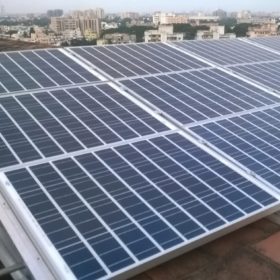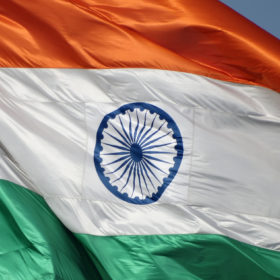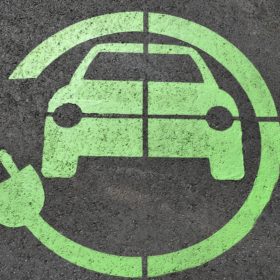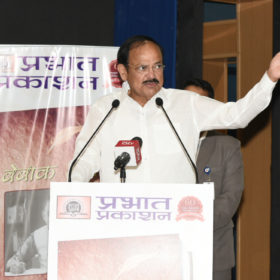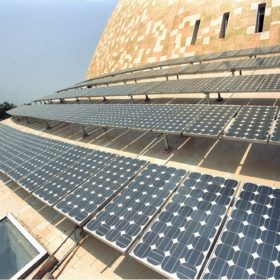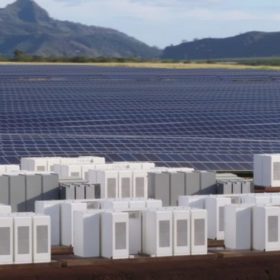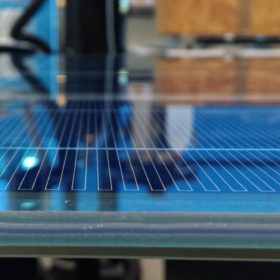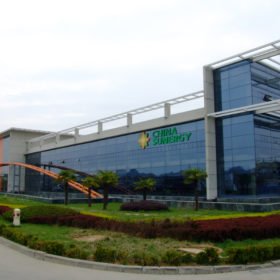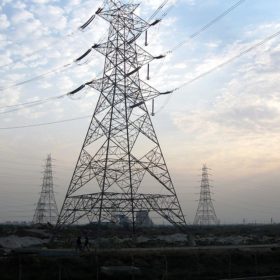World Bank to support efficient, clean cooling in developing countries
By 2050, energy use for cooling is projected to triple, according to the World Bank. And by 2050, demand for cooling in countries such as India, China, Brazil and Indonesia will grow fivefold, putting pressure on already strained energy systems and hampering efforts to curb climate change.
The prospects for solar after the Indian elections
Narendra Modi’s BJP party is seeking re-election with the aim of ensuring the electrification of all railways by 2022 and turning renewable energy into a popular movement with steps including an emphasis on solar farming. Even if the elections spring a surprise, however, the renewable momentum is unlikely to slow as no government can afford to roll back the clean power tide.
App mobility service to add 300 e-buses in India by 2020 as utility pledges to go all-electric by 2030
Mobility company Shuttl will also set up more than 50 EV charging points in prime locations and state-run power distributor BSES Rajdhani Power Limited will invest in testing facilities to support stabilizing the grid for EV charging, as well as pilot schemes on effectively integrating renewable electricity into its network.
Indian vice president calls for Asian countries to lead on clean technology
Asia is home to more than 60% of the world’s population, about half of whom live in cities and towns. With climate change being largely driven by urban centers, Vice President Naidu called upon governments across the continent to build climate resilient communities.
India’s solar sector will outperform globally despite near-term challenges, says Fitch Solutions
With Narendra Modi being tipped to triumph again in the current Indian elections, Indian solar capacity is expected to grow robustly, at 15.3% per year, on the back of continued strong government support.
Developer Avaada raises $145m to fund 2.4 GW of Asian and African solar
Indian developer Avaada Energy has raised the funds from the Asian Development Bank and European development institutions. The PV business will finance 2.4 GW of the 5 GW of solar capacity it hopes to secure over the next two years.
REIL tenders 1.7 MW PV+storage projects in India’s Andaman and Nicobar Islands
Rajasthan Electronics & Instruments (REIL) has invited bids to set up 1.7 MW (AC) of grid-connected PV projects with battery storage in India’s Andaman and Nicobar Islands. The projects — to be implemented on a turnkey basis on Havelock Island (Swaraj Dweep) and Neil Island (Shaheed Dweep) — will be awarded through competitive bids, followed by a reverse auction.
India slaps anti-dumping duties on solar EVA sheets
India’s Directorate General of Foreign Trade (DGTR) has concluded that duties ranging from $537 to $1,559/metric ton will be needed to offset the impact of imports of solar ethylene vinyl acetate (EVA) sheets from China, Malaysia, Saudi Arabia and Thailand. The harshest duty — $1,559/metric ton (MT) — has been imposed on sheets supplied by all Saudi manufacturers other than Saudi Specialized Products.
China’s CSUN faces India ban over module contract disputes
The Indian government is considering the ban in response to complaints about China Sunergy allegedly defaulting on PV module shipments to project developers Acme Solar, RattanIndia and Refex Energy. Last year, German EPC specialist Goldbeck Solar reported a similar experience with the Chinese supplier.
China, US and India drive energy demand up by 70% — IEA
Global electricity demand rose by 4% in 2018, nearly twice as fast as overall energy demand, as consumption edged up by 2.3%, according to a new report by the International Energy Agency (IEA). Renewables accounted for 45% of the growth in generating capacity.
